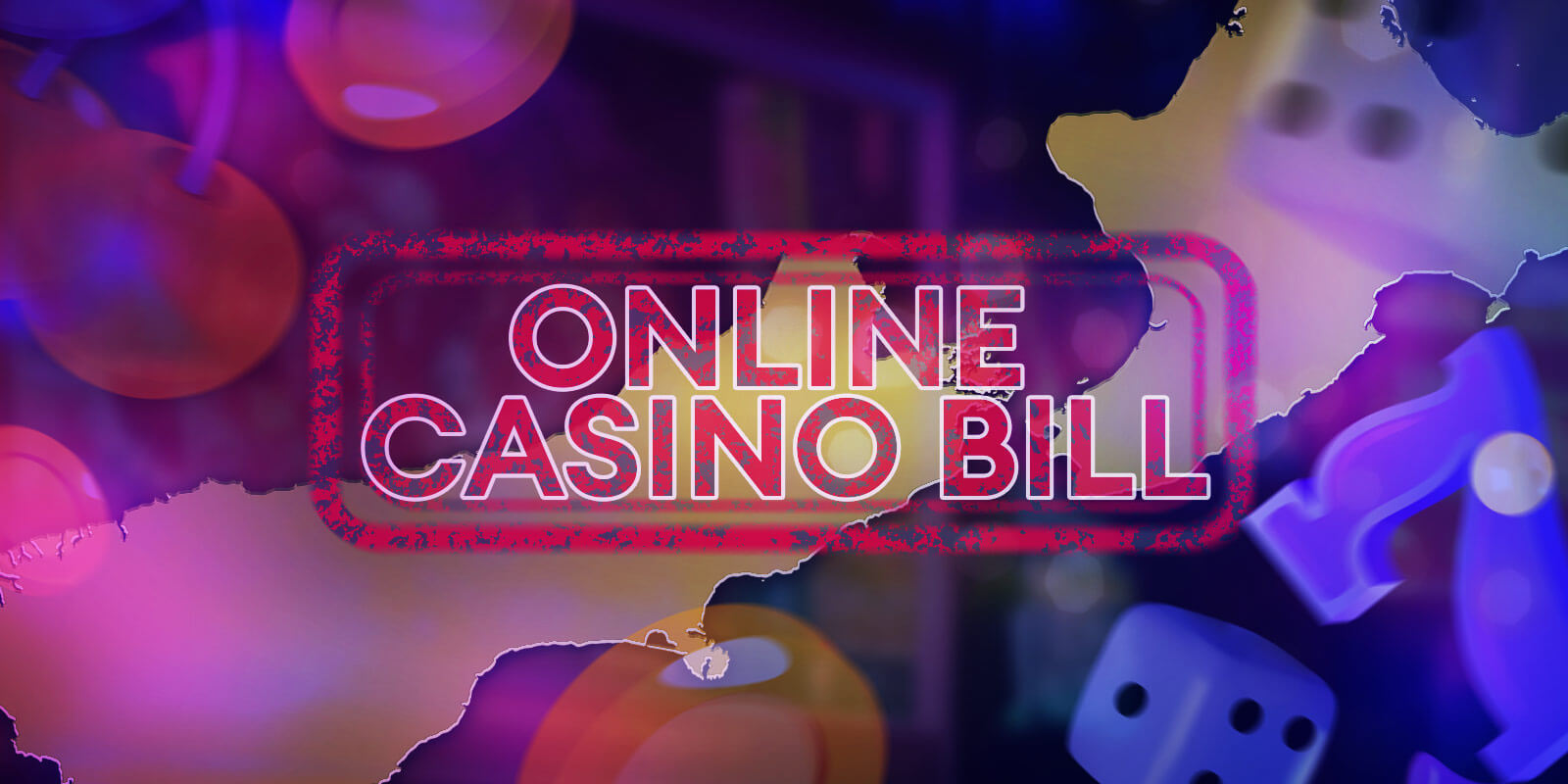New Zealand Introduces Online Casino Gambling Bill

Affiliate Disclosure : We earn a commission from partners links on BetterGambling. Commissions do not affect our editors' reviews, recommendations, or ratings.
On 30th June 2025, the New Zealand government introduced the Online Casino Gambling Bill to Parliament. It’s the first time they decided to regulate online gambling after years of locals gambling through offshore casinos.
Through this new bill, they want to reduce problem gambling harm, protect players and collect more tax. The government will give out up to 15 online casino licences through a special auction process. This is a big deal for NZ’s gambling laws and will change how online gambling works in the country.
Inside the New Online Casino Gambling Bill
The Online Casino Gambling Bill explains how online casinos will legally operate in New Zealand. Here’s how it will work:
- Up to 15 licences will be given out.
- Each licence lasts for 3 years
- Companies can renew their permit for up to 5 more years
- The Department of Internal Affairs will be in charge of issuing the licences.
New Zealand introduces Online Casino Gambling Bill, proposes auction of 15 licenses. 🇳🇿 https://t.co/Gs5Qqkuni0
— 𝐓𝐨𝐩𝐆𝐨𝐚𝐥 ® (@Topgoal) July 1, 2025
The licensing process has 3 steps as follows:
- Expression of interest
- Bidding
- Formal application coordinated by the Department of Internal Affairs.
All licensed companies must confirm that all players are 18 years or older, follow advertising rules (should not target children) and have measures to stop problem gambling (set limits on how much can be bet and max playtime, and let people self-exclude from gambling).
If a company breaks the rules or doesn’t have a licence, it could be fined up to NZ$5 million. The government wants everything ready by early 2026.
Quick Overview of the Current Online Gambling Market in NZ
New Zealanders currently spend an estimated NZD 500 million – NZD 900 million a year on offshore online gambling platforms. These sites operate in what we call a legal grey area – they’re not illegal, but not regulated either.
This means NZ players have no protection if something goes wrong. Also, the government doesn’t get any tax from all this gambling activity.
Other countries like the UK, Ontario in Canada and several US states have already got proper rules for online gambling. NZ is now trying to catch up by creating its own system. The bill wants to move people off these unregulated offshore sites and onto licensed NZ sites that follow the rules and provide better player protection.
Licensing and Operator Requirements
15 licences will be auctioned off. Companies will bid against each other, and the highest bidder will get to operate an online casino in NZ. But it’s not just any operator. Companies that want to join the bidding must meet strict requirements, such as:
- Have experience running online casinos – they must prove it
- Prove they have enough money to operate safely – they must be able to pay license fees, winnings and taxes.
- Show they can put in place all the required player protection measures
- Submit detailed business plans specifically for New Zealand.
And once a company’s bid is successful and they get a licence, they must continue to follow all the rules. The Department of Internal Affairs will regularly check that they’re doing this properly. If they break the rules, they could face heavy fines or, worse, lose their licence.
Consumer Protection and Harm Minimisation Measures
New Zealand is learning from other countries that have successfully regulated online gambling. The bill includes many of the same protection measures used in places like the UK, where online gambling has been legal and regulated for many years. That’s why all licensed operators must:
- Set up systems to spot when someone might be developing a gambling problem
- Provide tools to help people control their gambling, such as spending limits and time limits
- Allow people to ban themselves from gambling if they need to
- Train their staff to recognise and help people with gambling problems
Further, the bill includes a special tax called the Problem Gambling Levy. Money from this tax will be used to fund support services for people who develop gambling problems. This means the gambling companies themselves will help pay for the services needed to help people harmed by gambling.
Other key player protection features mentioned include:
- Age Verification: All players must prove they are over 18 before they can gamble
- Self-Exclusion: People can ask to be banned from all gambling sites if they think they are at risk of problem gambling.
- Advertising Rules: Companies can advertise their services, but they cannot target children or vulnerable people.
- Complaints System: There will be a proper system for people to complain if something goes wrong.
Minister van Velden emphasised that the goal is not to increase the amount of gambling that is happening online, but to enable New Zealanders who wish to play casino games online to do so more safely than they can today.
This new bill shows a major change in New Zealand’s approach to online gambling, moving from a completely unregulated system to one of the most comprehensive regulatory frameworks in the world.
References – For Further Reading
Recommended from BetterGambling

Gaming Corps Lands MrQ and Buzz Bingo Deals: Major UK Casino Content Expansion
The Swedish gaming company Gaming Corps made two big content deals this month that will help it get a bigger share of the UK market in December 2025. These arrangements added its catalogue of slots and instant-win games to the MrQ and Buzz Bingo platforms, which together serve over one million British players. The company, […]
1 month, 3 weeks ago2 min
Football Betting Market Size & Trends in the UK: 2025 and Beyond
Online sports betting in the UK pulls in £2.4 billion a year. Add land-based gambling and the total jumps to £15.6 billion. Betting isn’t just a trend anymore. It’s part of everyday life. Latest UKGC data shows 9% of the country’s bets are online. That’s nearly 6 million people placing around 290 million bets each […]
1 month, 3 weeks ago6 min casino-guides
casino-guidesUltimate Guide to UK Casino Wagering & Game Contributions
Casino bonuses in the UK might look like easy money, but once you’ve claimed one, you often realise there’s more to it than meets the eye. The main catch? Wagering contributions. Not all games help you clear the bonus equally. Why? Some barely count. Others don’t count at all. At BetterGambling UK, we’ve worked inside […]
1 month, 3 weeks ago6 min
How to Clear Blackjack Bonuses Without Getting Flagged or Banned by Casinos
You found a tempting casino bonus and you’re ready to play some blackjack with it. But not so fast. Most players don’t realise that blackjack, despite being a staple table game, is one of the riskiest picks when it comes to bonus wagering. The catch? Online casinos closely monitor how you wager bonuses on blackjack. […]
1 month, 4 weeks ago5 min Casino Blogs
Casino BlogsI Deposited on Five New Sites Just to Compare How They Treated My Data
I signed up at 5 new casino sites, deposited the same amount, and played the same way, all to answer one question: How fast do online casinos track, profile, and act on your data? What I found wasn’t just aggressive marketing. It was real-time behavioural profiling, subtle pressure tactics, and data systems that knew more […]
1 month, 4 weeks ago5 min